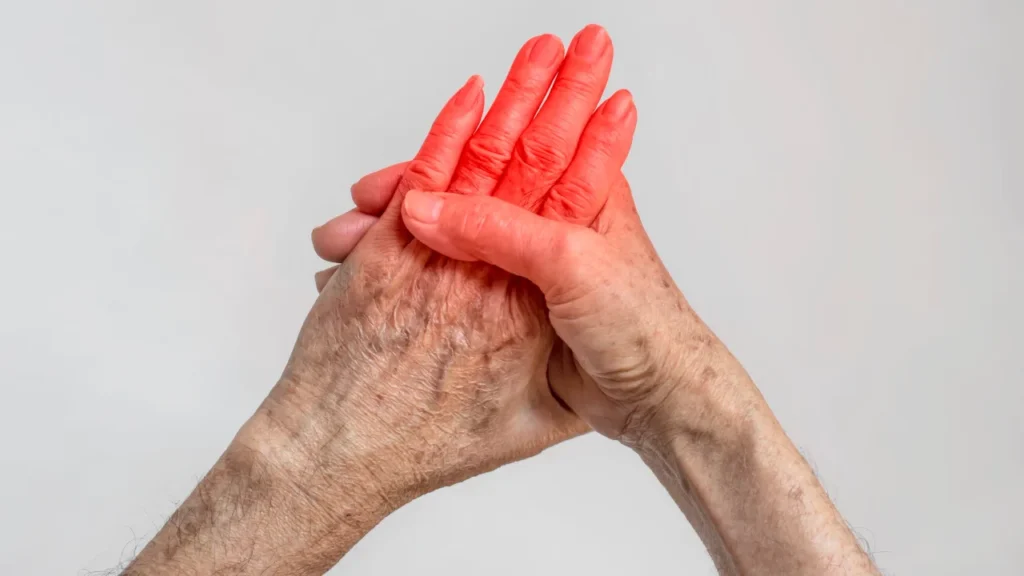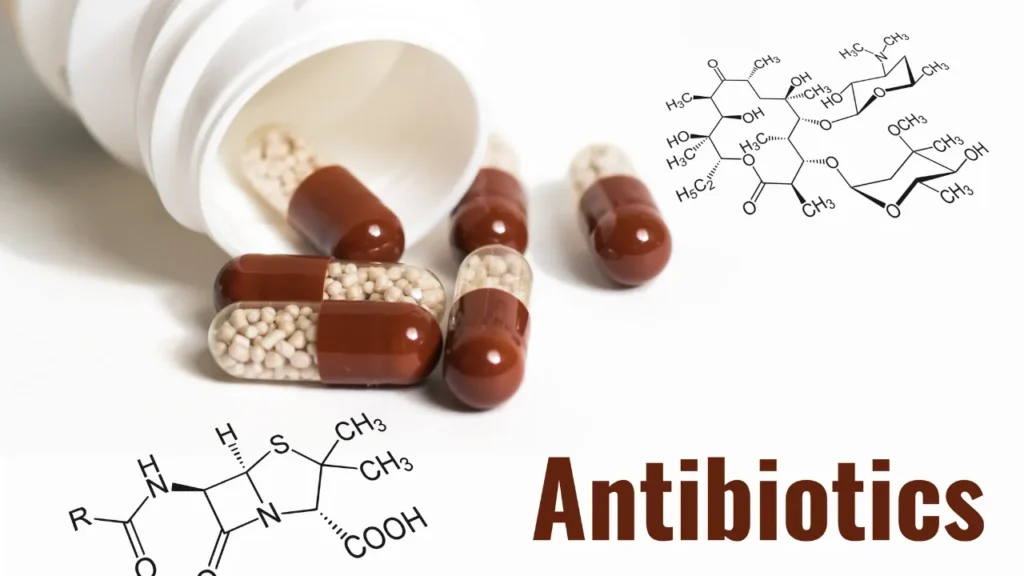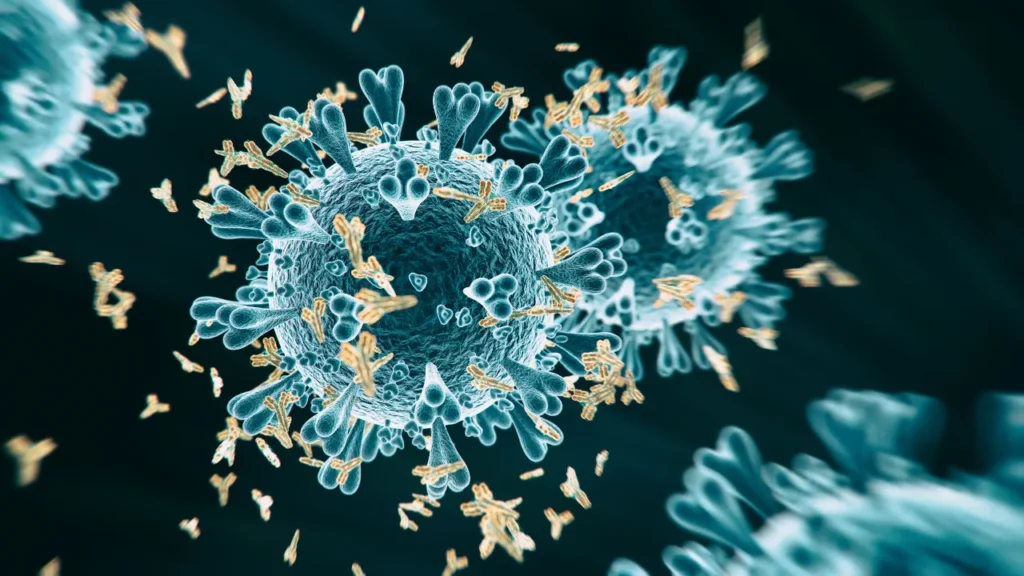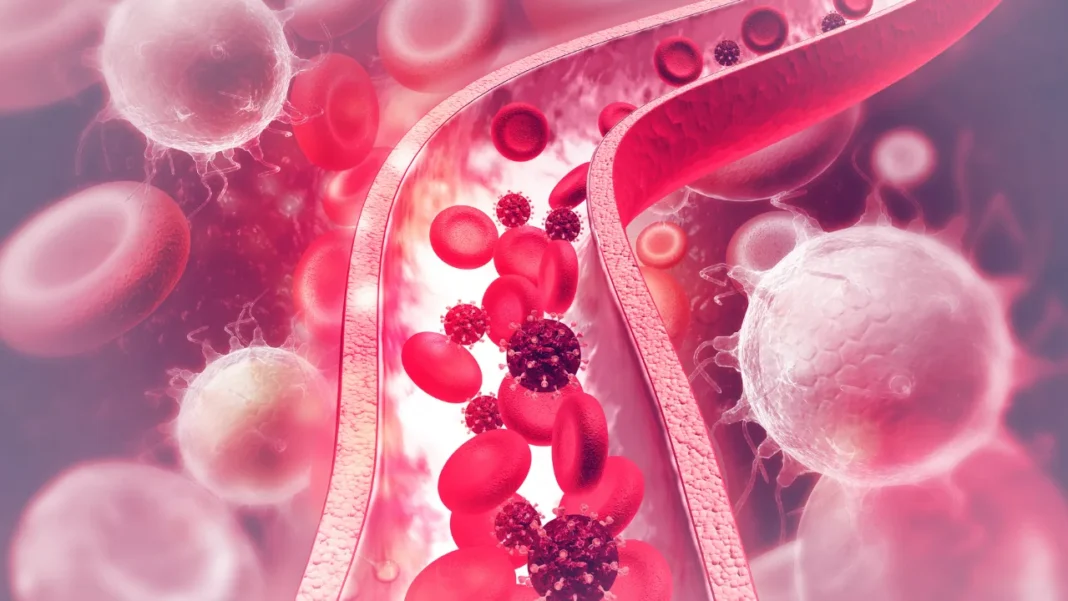Description
Hypogammaglobulinemia represents a rare immunological condition marked by decreased levels of immunoglobulins, or antibodies, in the bloodstream. Immunoglobulins, particularly IgA, IgD, IgE, IgG, and IgM, constitute proteins generated by plasma cells. These proteins function as antibodies, protecting the body against viruses, bacteria, and other infections.
When there is a considerable decrease in the synthesis of these antibodies, the immune response is compromised and the condition is known as hypogammaglobulinemia. This disorder impairs the body’s defenses against infections, which increases the risk of recurring or serious bacterial infections, which frequently affect the digestive or respiratory systems. It may be either primary (i.e., inherited) or secondary (i.e., acquired owing to other underlying disorders or medications). Frequent infections, repeated diseases, and weakened immune responses are possible symptoms.
You May Also Like:
IgA nephropathy / Berger’s disease: Description, Causes, and Treatment Protocol
Hypogammaglobulinemia: Description, Causes, and Treatment Protocol is an original (MedNewsPedia) article.
Possible Causes
There exist multiple primary and secondary causes of hypogammaglobulinemia. Such potential reasons include the following:
The primary causes involve:
Genetic Factors: Certain forms of hypogammaglobulinemia, such as X-linked Agammaglobulinemia (XLA) and Common Variable Immunodeficiency (CVID), can result from inherited genetic abnormalities that impact the immune system.
Birth Defects: In rare instances, people may experience immune system developmental defects that result in decreased immunoglobulin production.
Idiopathic Situations: In certain cases, hypogammaglobulinemia has no recognized cause and develops spontaneously.

The secondary causes involve:
Underlying Health Conditions: Low immunoglobulin levels can be caused by immune system abnormalities or diseases including HIV/AIDS, autoimmune diseases (like lupus or rheumatoid arthritis), some malignancies (such as leukemia or lymphoma), or long-term infections (like tuberculosis).
Medical Treatments: Specific medical interventions, such as immunosuppressive drugs employed during organ transplantation, corticosteroids used to treat autoimmune illnesses, and chemotherapy, can weaken the immune system and lower the generation of antibodies.
Aging: Although it is not an immediate cause, aging can have an impact on the immune system’s performance, which can lead to a reduction in the formation of antibodies and, in some cases, a condition that resembles hypogammaglobulinemia.
Malnutrition: Hypogammaglobulinemia may result from severe malnutrition, particularly protein-energy malnutrition, which can affect the generation of antibodies and impair immunological function.

Exacerbating and Mitigating Factors
Several exacerbating and mitigating factors might impact hypogammaglobulinemia, varying in their degree of severity and potential health effects. To minimize the effects of hypogammaglobulinemia on a person’s well-being and standard of life, it is imperative to identify and manage such aggravating and alleviating factors. These factors consist of the following:
The exacerbating factors involve:
Underlying Health Conditions: Complications from hypogammaglobulinemia can be made worse by illnesses like autoimmune diseases, cancer, or other immunological abnormalities.
Infections: People with hypogammaglobulinemia may experience problems and a longer course of illness as a result of recurring or severe infections that further impair their immune system.
Stress: Individuals who experience significant or chronic stress may have compromised immune function, rendering them more vulnerable to infections.
Fatigue: The body’s capacity to fight infections and sustain immunological responses may be further weakened by inadequate sleep or persistent exhaustion.
Environmental Exposure: Insufficient sleep or chronic fatigue might further impair the body’s ability to resist infections and maintain immune responses.
The mitigating factors involve:
Vaccinations: It is possible to prevent some diseases by following vaccination recommendations, such as receiving pneumococcal and flu shots.
Regular Medical Monitoring: Healthcare professionals can measure antibody levels, spot infections early, and modify treatment regimens with the support of routine examinations and monitoring.
Healthy Lifestyle: Immune function may be indirectly supported by good nutrition, consistent exercise, enough sleep, and stress reduction. These factors also improve general health.
Hygiene Practices: Maintaining proper hygiene habits can reduce the risk of infection. These behaviors include frequent hand washing, using optimal sanitation, and limiting contact with sick people.
Environmental Control: The chance of infection can be decreased by minimizing exposure to possible allergens, pathogens, or pollutants.

Standard Treatment Protocol
Managing immunological deficits and avoiding infections are the main objectives of the usual treatment plan for hypogammaglobulinemia. This is a thorough explanation of the typical course of treatment:
Immunoglobulin Replacement Therapy (IRT): These incorporate:
Intravenous Immunoglobulin (IVIG)
Immunoglobulins are infused directly into blood vessels as part of this therapy. In a clinic or hospital setting, it is often given every three to four weeks. IVIG supports the immune system’s ability to fight infections and raises antibody levels.
Subcutaneous Immunoglobulin (SCIG)
Comparable to IVIG, but administered subcutaneously either self-injection or a tiny, portable pump. SCIG enables more regular dosage, which can be completed at home and is often done weekly or biweekly.
Antibiotic Therapy: These contain:
Prophylactic Antibiotics
To guard against infections, doctors may advise patients to take antibiotics daily. These medicines focus on particular bacteria that are linked to recurring infections.
Targeted Antibiotics
When an infection occurs, the particular pathogen causing the disease is treated using targeted antibiotics.
Lifestyle Adjustments: These encompass:
Vaccinations
Maintaining prescribed immunizations, such as the annual flu shot, to guard against diseases that can be avoided.
Balanced Diet
A balanced diet, regular exercise, and adequate sleep can all contribute to a strong immune system.

Hygiene Practices
The possibility of infections can be decreased by following good hygiene habits, which include frequent hand washing, using appropriate sanitation, and limiting contact with sick people.
Observation and Follow-Up: These involve:
Adjustment of Therapies
To maximize their effectiveness, treatment regimens may need to be modified based on the patient’s reaction and unique requirements.
Regular Check-ups
Patients having hypogammaglobulinemia need to be closely watched by a medical professional frequently. This includes evaluations of their overall health and antibody levels.
Potential Emerging Treatments: These consist of:
Stem Cell Transplantation
This procedure may be considered as a means of replacing damaged immune system cells with healthy ones in extreme situations or when conventional treatments are ineffective.
Gene Therapy
In recent times, gene therapy has been investigated as a potential treatment for hypogammaglobulinemia brought about by genetic abnormalities.
Patient Instruction and Assistance: This involves:
Patient Education
This incorporates educating people about their health condition, available treatments, and the significance of following doctor’s recommendations.
Support Groups
Patients can obtain important resources, knowledge, and emotional support by participating in immunological disorder peer support networks or organizations.
Collaborative Care Approach: A multidisciplinary team of nurses, infectious disease specialists, immunologists, and other medical professionals is usually involved in the treatment of hypogammaglobulinemia. By taking into account many factors like the severity of the ailment, the patient’s response to therapy, and their general health status, collaborative decision-making guarantees that the treatment plan is customized to meet the specific needs of each patient.

Treatment Options
Approaches for adjunct therapy for hypogammaglobulinemia focus on enhancing general health and the immune system alongside conventional treatments. These are some alternatives for supplementary remedies:
Lifestyle Modifications: These involve:
Healthy Eating Plan
The immune system and general health are supported by a diet high in whole grains, fruits, vegetables, and lean meats.
Regular Exercise
In addition to enhancing general wellness, moderate physical activity may strengthen the immune system.
Stress Management
It may be possible to control stress and strengthen the immune system by practicing mindfulness, yoga, or meditation.
Nutritional Supplements: These include:
Vitamin C
The antioxidant qualities of vitamin C boosts immunity and help fight infections. It can be obtained from citrus fruits, kiwi, strawberries, broccoli, bell peppers, and supplements.
Vitamin D
Both immunological function and the regulation of immune responses depend on vitamin D. Sunlight exposure, supplementation, fortified foods including dairy and cereals, and fatty seafood are all excellent sources of vitamin D.
Omega-3 Fatty Acids
The immune system may be supported by the anti-inflammatory qualities of omega-3 fatty acids, which are present in fish oil supplements.
Zinc
It may help fight infections and boost immune system performance. Meats, seafood, legumes, nuts, seeds, and dairy products all contain zinc.
Probiotics
Good bacteria included in probiotics maintain gut health and may have an impact on immunity as a whole.
Natural and Herbal Remedies: These incorporate:
Ginseng
According to certain research, ginseng may improve immunological function and hence help treat immune-related diseases such as hypogammaglobulinemia. It comes in a variety of forms, such as Siberian, American, or Asian ginseng. Moreover, ginseng can be utilized as tea or supplements.

Echinacea
Echinacea is frequently used because of its purported immune-boosting properties, which may aid in infection prevention. Supplements, extracts, and teas are available forms of it.
Astragalus
Astragalus is an herb with traditional Chinese uses that is said to stimulate the immune system. It is widely distributed as a tea or supplement.
Green Tea
Antioxidants such as EGCG, which are prevalent in green tea, are thought to support immunological function. Its potential immune-boosting qualities may support general immunological function in an all-encompassing manner, even if it is not a primary treatment for hypogammaglobulinemia.
The aforementioned adjunct treatment alternatives for hypogammaglobulinemia may provide supportive ways to strengthen the immune system. Nevertheless, further clinical data and scientific investigation are required to determine their effectiveness and safety in treating hypogammaglobulinemia. Making decisions along with healthcare professionals is essential for managing this immunological condition to provide a thorough and secure strategy.
Conclusion
Hypogammaglobulinemia is a complex immune disorder requiring early diagnosis and a tailored, multidisciplinary approach. Key treatments include immunoglobulin replacement therapy, vaccinations, regular monitoring, and hygiene practices. A healthy lifestyle, including a nutrient-rich diet, regular exercise, and stress management, can further support immune function.
Supplements like Vitamin C, Vitamin D, Omega-3 fatty acids, Zinc, and Probiotics, alongside natural remedies such as Echinacea, Astragalus, Ginseng, and Green Tea, may offer additional benefits when used under medical supervision. Emerging therapies like stem cell transplantation and gene therapy provide hope for future advancements.
Collaborative care and adherence to treatment protocols are essential for improving outcomes and reducing complications, empowering patients to lead healthier lives.

Additional resources for further reference
https://www.ncbi.nlm.nih.gov/books/NBK563134
https://www.scielo.br/j/bjmbr/a/4WkXKbkMj7NVrn9J8jb3HQN/?lang=en
https://www.frontiersin.org/articles/10.3389/fimmu.2019.01541/full
https://www.nature.com/articles/s41372-023-01766-6
Important Note: The information contained in this article is for general informational purposes only, and should not be construed as health or medical advice, nor is it intended to diagnose, prevent, treat, or cure any disease or health condition. Before embarking on any diet, fitness regimen, or program of nutritional supplementation, it is advisable to consult your healthcare professional in order to determine its safety and probable efficacy in terms of your individual state of health.
Regarding Nutritional Supplements Or Other Non-Prescription Health Products: If any nutritional supplements or other non-prescription health products are mentioned in the foregoing article, any claims or statements made about them have not been evaluated by the U.S. Food and Drug Administration, and such nutritional supplements or other health products are not intended to diagnose, treat, cure, or prevent any disease.


